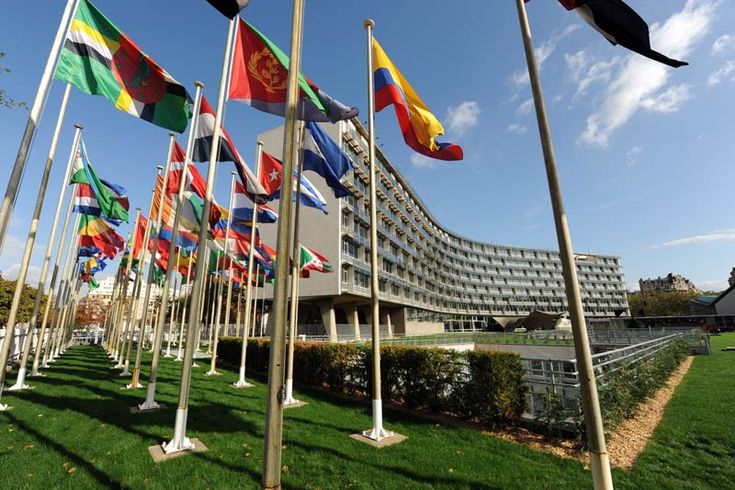TaTEDO-SESO in the Delegation to the Summit on Clean Cooking in Africa
- Category: Events
- Published: Tuesday, 07 May 2024 09:29
- Written by Elvis
- Hits: 558

TaTEDO SESO is one of the organizations, promoting clean cooking services in Tanzania. The organization is striving to boost access to clean cooking with a series of new ideas of using different energy carriers such as electricity, biomass, and fuels which are locally obtained.
The organization representative will soon accompany the Tanzania Delegation to the African Summit on Clean Cooking. President Samia Suluhu Hassan will lead a Tanzania delegation to the Summit that will be held at the UNESCO Headquarters in Paris on 14 May 2024. The President will co-chair the Summit alongside the Prime Minister of Norway H.E. Jonas Gahr Støre, the Executive Director of the International Energy Agency Dr. Fatih Birol, and the President of the African Development Bank Group Dr. Akinwumi A. Adesina.
Various leaders from the world are expected to attend the Summit which is a key forum in amplifying the call to make 2024 the pivotal year for addressing the lack of clean cooking in Africa.
The Summit takes place as the world is falling behind on its goal to deliver affordable, reliable, sustainable, and modern energy for all. Clean cooking has seen an alarming lack of progress, with nearly four in five African people still cooking their meals over open fires and traditional stoves using polluting fuels.
“The lack of access to clean cooking has dire consequences for health, the climate, and gender equality, contributing to nearly half a million premature deaths of women and children annually in Africa alone,” says a report by the International Energy Agency (IEA). The cost of improving access to clean cooking issue is relatively small, with the IEA estimating that just USD 4 billion of capital investments would be required annually to achieve clean cooking access for all African people by 2030.
The Summit, therefore, seeks to elevate clean cooking on the global agenda and mobilize a broader coalition of support for this critical issue, and attract financial commitments for clean cooking from governments, development agencies, development banks, climate funds, the private sector, philanthropies, and non-governmental organizations.
It also aims to develop a roadmap of concrete, action-oriented strategies around financing, carbon markets, policies, ` and partnerships that will help better mobilize additional support to scale successful clean cooking efforts.
In order to support efforts to address the lack of clean cooking in Africa the finance community pledges to increase funding for clean cooking. Development and philanthropic partners commit to allocate a higher share of their energy-related portfolio to support clean cooking while development partners also commit to working through their private capital arms to bring more financing to clean cooking.
“All actors agree to commit a greater share of concessional support towards vehicles that help deploy commercial capital for clean cooking companies and projects. The carbon markets community pledges to enhance high-integrity carbon credits from clean cooking projects, and to work with countries, companies, and intermediaries to create additional demand for such carbon credits,” reads part of a document, Making 2024 a turning point for Clean Cooking in Africa.
In the meantime, governments of sub-Saharan African countries prioritize clean cooking and include it in national planning across sectors. Governments also create a funded national implementation program, aiming for a rising share of their energy investments to support clean cooking, and explicitly include clean cooking in official funding requests to development and climate finance institutions.
In the next two years, countries have committed to implementing various policies and regulations that reflect national circumstances and support scaling clean cooking. The policies include implementing carbon credit legislation, addressing a lack of clean cooking in institutional contexts, and considering tax and import duty reductions on eligible clean cooking equipment and fuels. The policies also clarify clean cooking within their Nationally Determined Contributions and draft gender-targeted measures addressing those adversely impacted by cooking poverty.
In the true spirit of partnership, industry, international organizations, and multilateral fora have affirmed their support for governments and development partners working to realize these targets. Major companies have made commitments specific to their industry segment, focused on scaling their supply chains and distribution networks.
Implementing partners and international organizations have committed to taking forward outcomes of the Summit, establishing, and building upon multi-stakeholder initiatives that support tracking progress and helping build delivery capacity.
“The presidencies of key multi-lateral fora, such as G20 and COPs, have affirmed their intention to feature clean cooking in their agendas, ensuring consistent multi-year support for clean cooking,” reads part of Making 2024 a turning point for Clean Cooking in Africa document. The bottom line is that all stakeholders and partners should put their efforts together to achieve clean cooking access for all African people by 2030.
